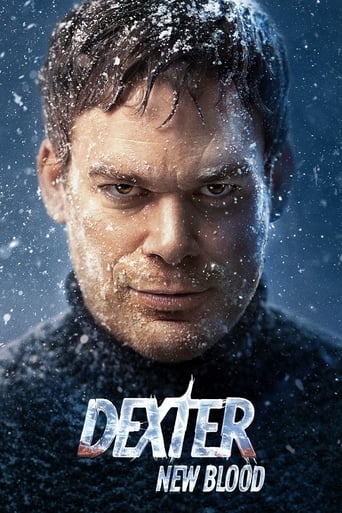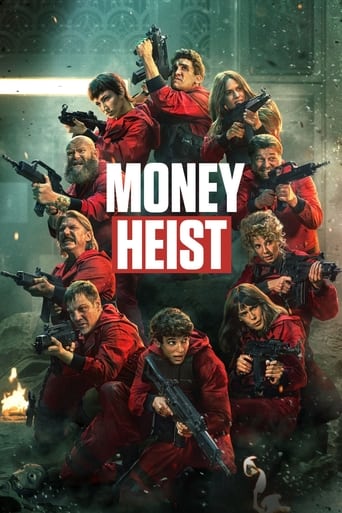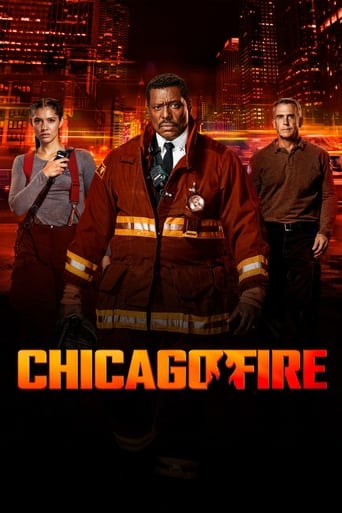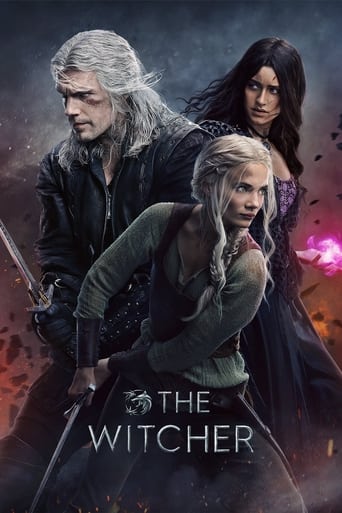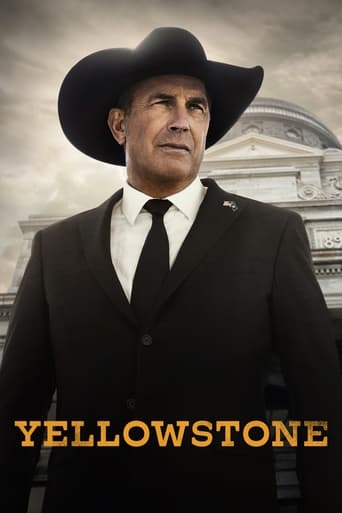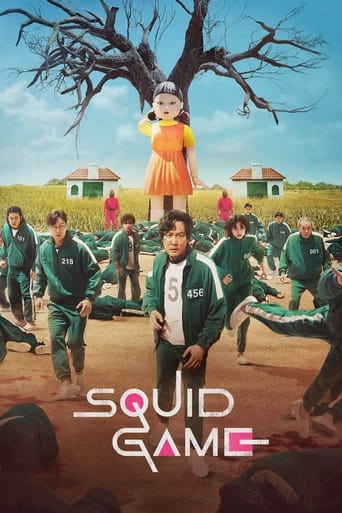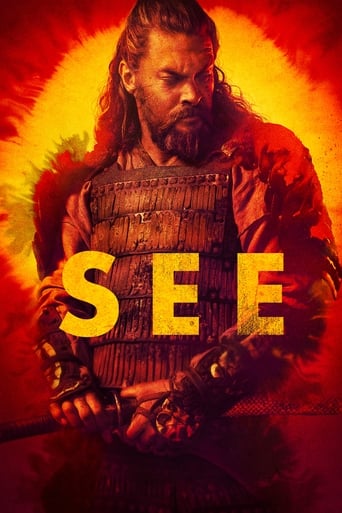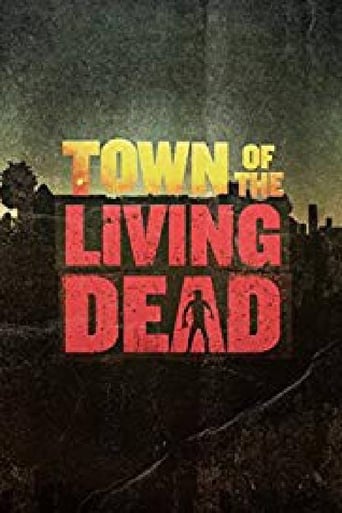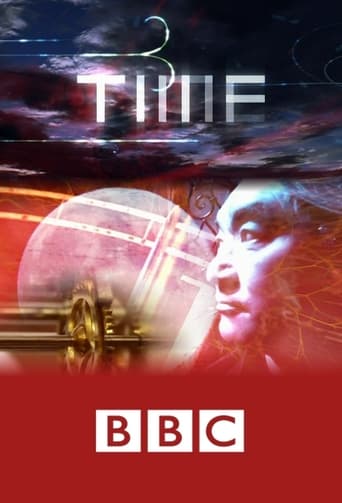
Time is a 2006 documentary television series first broadcast on BBC Four in the United Kingdom. It is written and presented by Michio Kaku.
Seasons & Episode
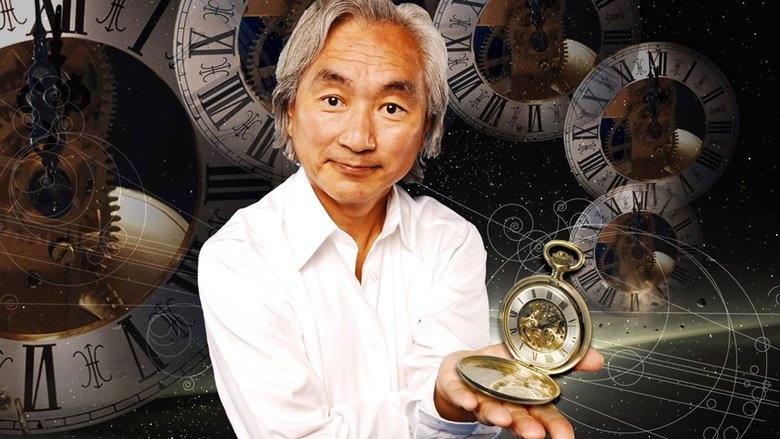
We humans seem to run to the beat of time, often without being aware of how this is the case or how our perception of it may differ from another person's, from nature's rhythms or from our own internal clock. In the first episode of the series, string theory pioneer Michio Kaku witnesses one of the most extraordinary feats of timing in nature on a remote Californian beach.

Why is our time limited? And does it have to be? Could our age-old dream of immortality ever be possible? In episode two, Michio Kaku explores these questions and meets some of the key people involved in the cutting-edge research into ageing. He travels to the amazing Methuselah tree, which is almost 5000 years old and still producing new pine cones. He discovers that time does get faster as you get older and, under hypnosis, he goes in search of his lost time, stored as memories. But it only proves that lost time is really gone forever.

Our awareness that time stretches back long before we were born, and will continue to stretch into the future long after we're gone, lies at the heart of our humanity. Without this sense we couldn't learn from the past, and wouldn't plan for the future. But where did we come from, and where are we going in time? Every culture mythologises time and attempts to answer the ultimate questions: was there a beginning? And will there be an end?

Throughout history, one thing has never changed - time. It is something we rely on to plan our lives, and it is consistent, regular and ceaseless. But is it? High in the Alps, Michio encounters a mystery - tiny particles called muons which shouldn't exist. They don't last long enough to be detected on Earth - and yet here they are. The answer to this mystery lies in one of the greatest discoveries of all time - Einstein's theory of relativity. The faster you travel, the slower time ticks. So time is not fixed at all.
Similar titles

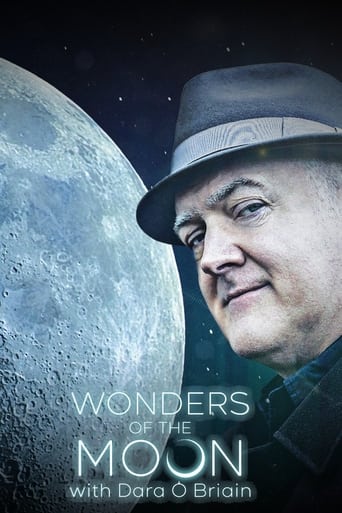
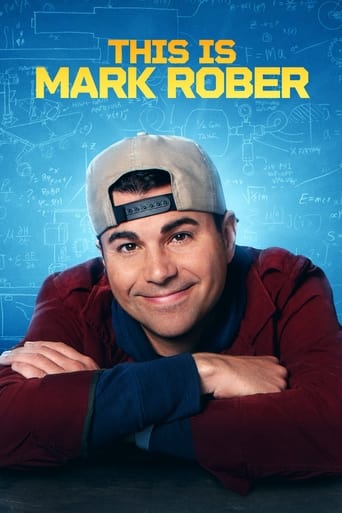
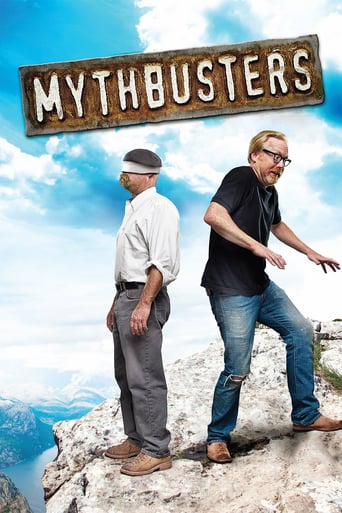
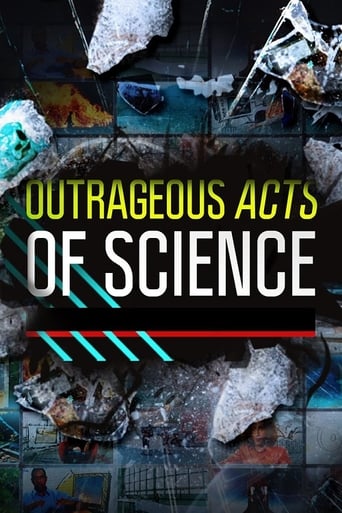

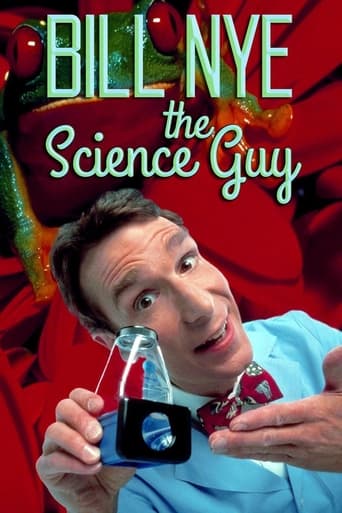
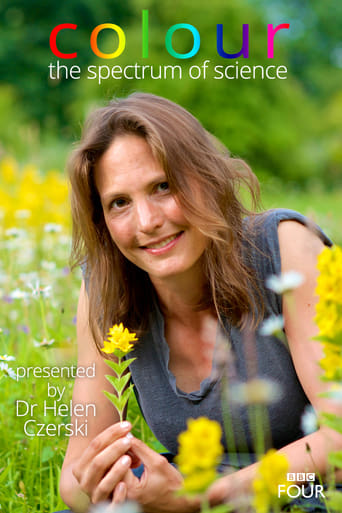
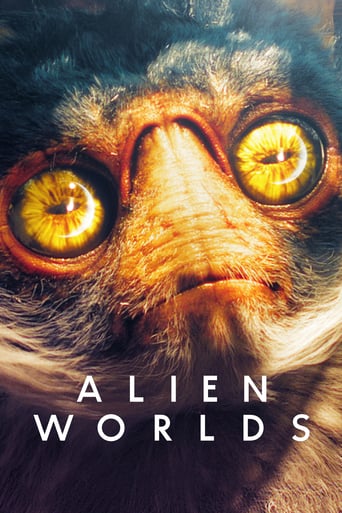
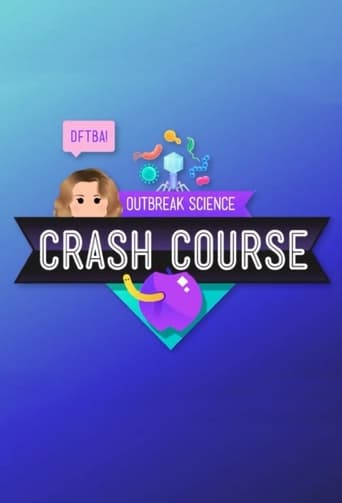
You May Also Like
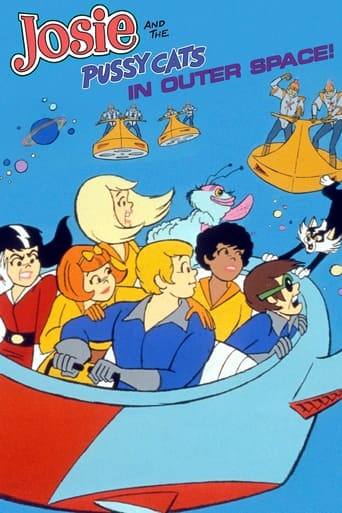
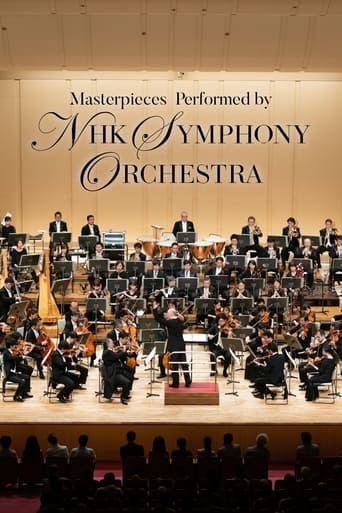
Top Streaming TV Show

